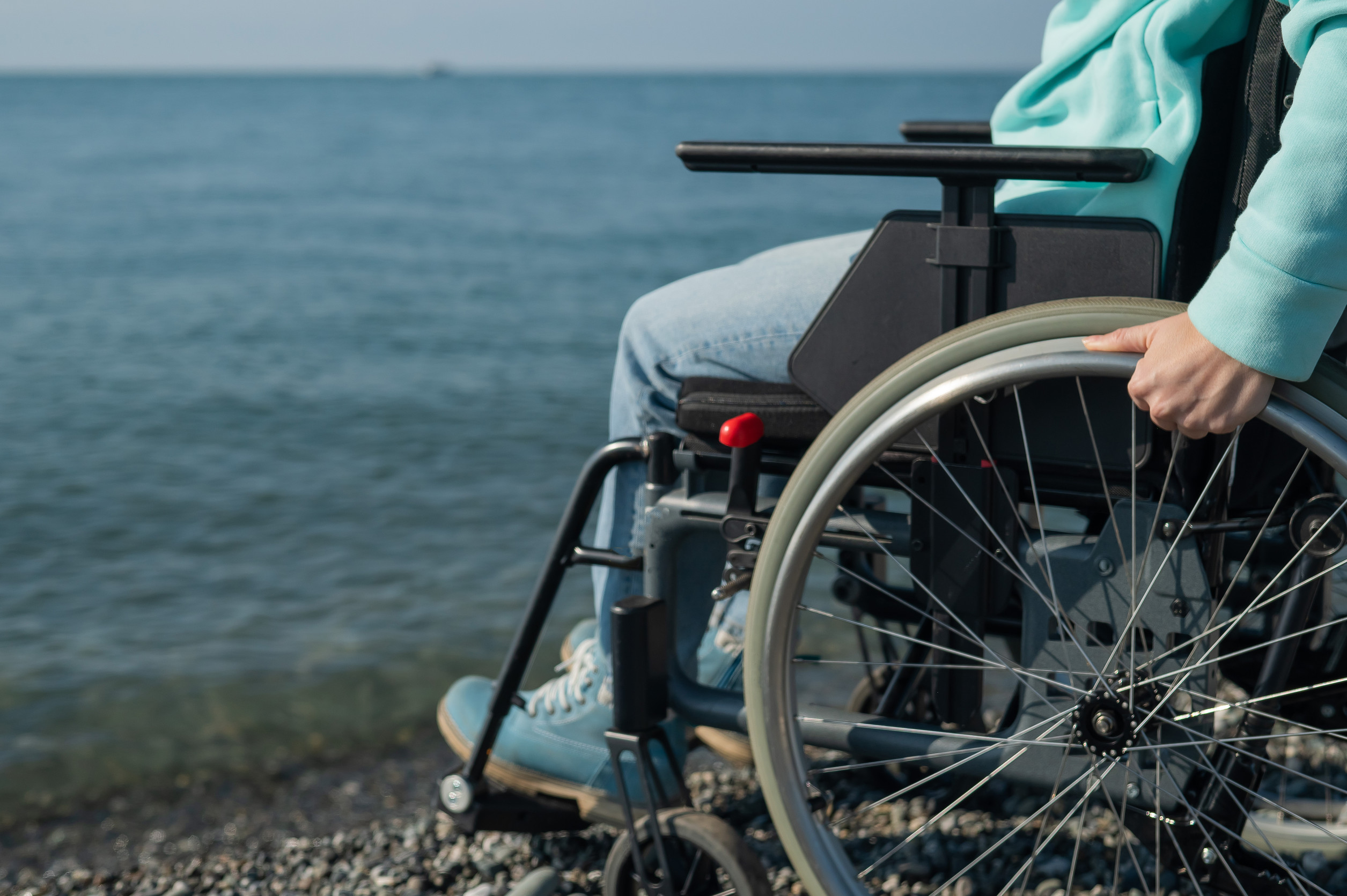It seems it would be simple to respect and protect others’ basic human rights, however, there are many situations where a lack of education breaks these vital liberties. This is why postcards covering five rights protected by the Human Rights Act are currently being circulated through England, namely: the right to life, the right to be free from degrading and inhuman treatment, the right to liberty, the right to a private and family life, and the right to be free from discrimination.
Each of the postcards describes an easy-to-read situation where someone fought for one of these rights. For example, the story of Laurie, a 51-year-old man with Down syndrome and dementia, was given a “Do Not Resuscitate” order in the hospital without his or his family’s consultation. Laurie made a human rights claim against the hospital, based on discrimination that they made this decision based on his assumed quality of life as a person with disabilities, rather than his actual chances of survival.
The genius idea for these postcards came from a community of people with learning disabilities and mental health issues. After countless stories of these basic rights being overlooked due to a lack of education, change needed to be made. Warrington Speak Up and the British Institute of Human Rights (BIHR), then collaborated to turn these ideas into a physical resource.
Pip Horne, senior project coordinator explains how these postcards have led to people feeling more confident to advocate for themselves, especially against public authorities. “We think it will make a difference to people and help them know that they have an absolute right to challenge things that might be happening to them,” she explained.
Annie Smith, who also worked on the project, adds it was important for this resource to be physical, allowing people to carry them around and take them to meetings with public officials.
She stated: “One of the big things, I think, that came out of the discussions with the group was that sense of there should be ‘nothing about me without me.’ And people really wanted to have their say – to speak up where their rights are going to be potentially at stake when they’re interacting with those public services, whether that’s social care or NHS services, or education, or police, for example.”
The overall aim of this resource is to educate people about the issues of human rights. Resources such as this will help contribute towards a culture filled with more respect and understanding for the rights of everyone.










